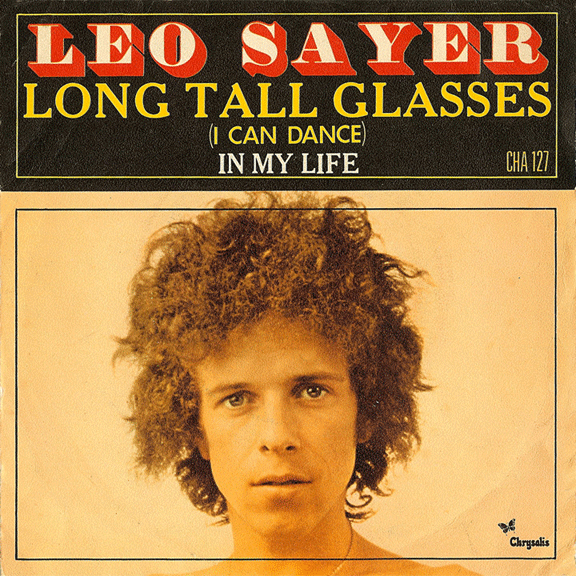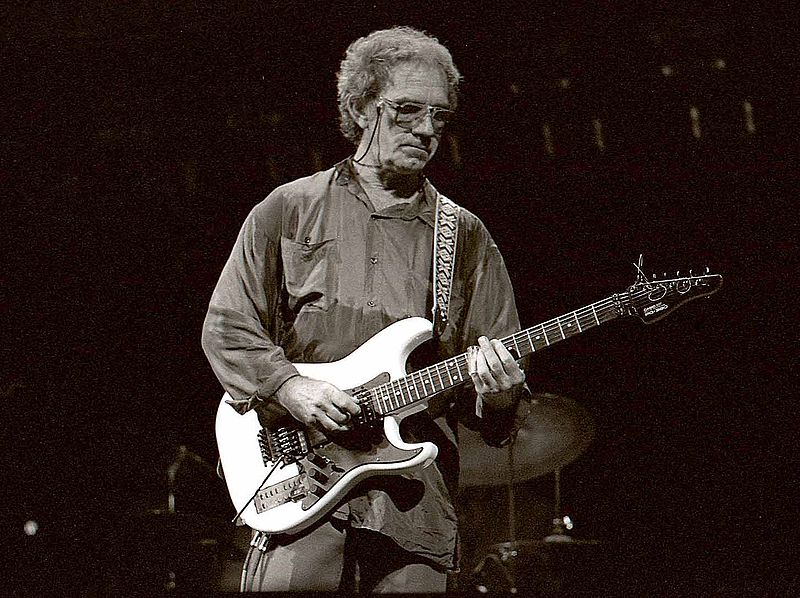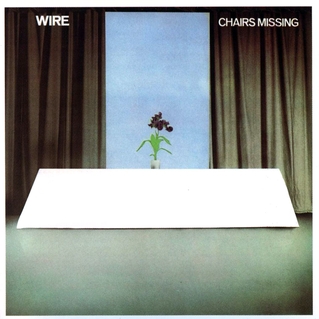 Finally! I've found a punk song about intense ambivalence! From Wire's somewhat maligned second album, "
Chairs Missing,"
regarded as the group's Pink Floyd move, whatever that meant in 1978. Maybe it was the cover, cuz this song is fierce.
Finally! I've found a punk song about intense ambivalence! From Wire's somewhat maligned second album, "
Chairs Missing,"
regarded as the group's Pink Floyd move, whatever that meant in 1978. Maybe it was the cover, cuz this song is fierce.
Cheap DJ: Music of Note
November 05, 2015
October 24, 2015
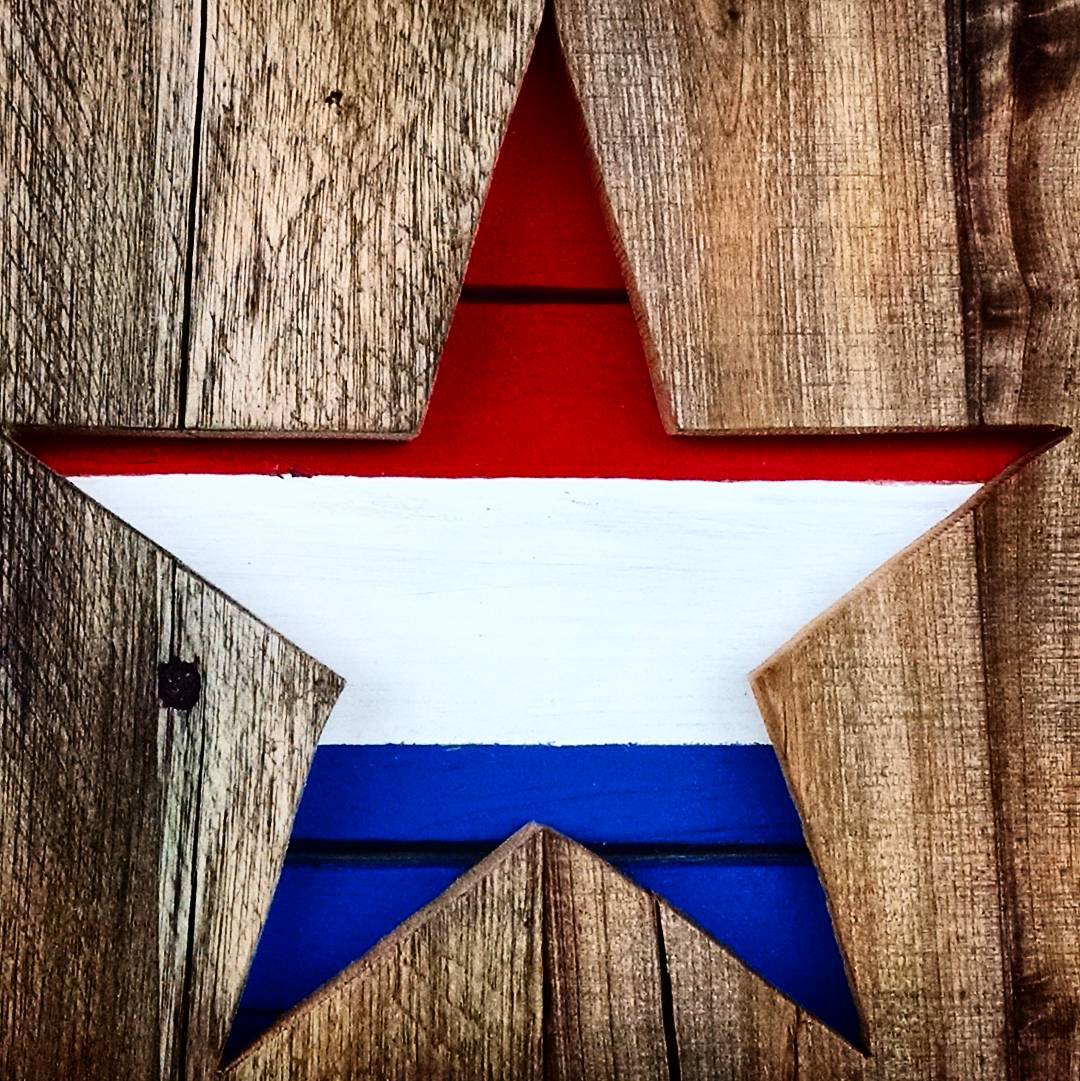 For these three minutes in 1973, Grand Funk Railroad were the smartest kids in the room (cribbing heavily no doubt from
Todd Rundgren, who
produced this track).
For these three minutes in 1973, Grand Funk Railroad were the smartest kids in the room (cribbing heavily no doubt from
Todd Rundgren, who
produced this track).
Something I've noticed while building a playlist for my daily runs is that the classic hard rock bands of the 1970s and 1980s were a lot better at keeping the beat than their more arty "progressive" contemporaries or most of the alternative/indie rock bands that followed.
GFR got its start in Flint Michigan, just up Route 75 from Detroit, a city where, at the time, a band couldn't BUT to learn to rock n' roll. The prog-rockers could wallow in the studios and confabulate imaginary musical worlds, but GFR would slog from town to boring town and boogie HARD every night so everyone across the land could indeed party down, just as the chorus so declaritively lays down. In fact, that is pretty much what this song is entirely about, the hard-charging rust-belt U.S. work ethic.
They were lousy songwriters. Even GFR's best numbers were ham-handed ("Their lyrics creep me out," my girlfriend just said), but for whatever reason, the Flint lunkheads hit this one out of the park. Amurika!
Bet Freddie King still beat them at poker though.
September 11, 2015
The gradual but inevitable dissolution of William Basinski's Disintegration Loop 1.1 -- a brief, ancient tape loop is literally falling to pieces with each repeated play -- is heartbreakingly beautiful.
And the hour-long single-shot accompanying video of the smoke that just continued to billow up so many hours after the WTC collapses captures, for me, the dark undercurrent of what September 11, 2001 felt like.
The song and the event are very closely intertwined.
Basinski's "Disintegration Loops" just preceded 9/11. In fact he finished recording them the morning of. Basinski had a set of his old recordings on tape that he wanted to transfer to digital. The tapes being so old fell apart as they played. So Basinski cut out fragments, made them into small loops, and recorded them as they fell apart playing over and over again. It turned out to be achingly elegiac-- literally the sound of music physically disintegrating, leaving only defiant echoes in the space it occupied.
That evening, the evening of 9/11, Basinski set up a video camera on his roof, in Williamsburg, to record the seemingly undiminishing stream of smoke rising from behind the silhouette of a church across the river. The effect is like an oil painting, though one with rippling smoke and fading light.
May 15, 2015
People forget, but B.B. King used to make the young women holler and swoon back in the day, with both his volcanic voice -- as an old City Paper of colleague of mine recently put it -- as well as with emotionally-expressive guitar work. His songs had some pragmatic advice for the menfolk of the time too. ("Don't go upside her head," he advised in one song, "That'll make her a little smarter and she won't let you catch her next time.")
Recorded in Chicago in 1964, just before B.B. crossed over to a mostly white audience of hippies and blues aficionados, "Live at the Regal" may very well be one of the most electrifying live albums ever recorded. Anyone who only vaguely knows of King as some majestic and portly older blues guitarist should give this album a spin. It'll be a revelation, I promise. He drives the audience to the throes of ecstasy...
In Slate, Jack Hamilton called this three-song medley of "Sweet Little Angel," "Itís My Own Fault," and "How Blue Can You Get?" on side one of the album to be "the greatest 12 minutes of live musical performance ever recorded."
R.I.P. B.B. King, the king of the blues. The genre is all but history now.
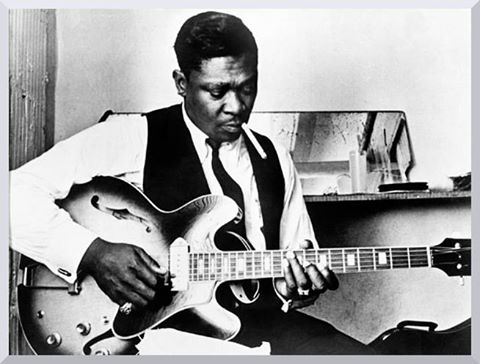
[an error occurred while processing this directive]
![]()
2015-02-14
If you're over, say, 45, and lived in the states, "Long Tall Glasses" is pretty much in your DNA, even tho you probably don't remember it now. And when you hear it again, you'll probably recalled that you hated it. But, really, back then, whenever it floated over from some nearby radio, you dug it (maybe secretly). That'd be my guess, anyway.
The young uns, all unencumbered w/ such cultural baggage, are free to enjoy this kinda bad-ass song from Leo Sayer:
"I was going down the road feeling hungry and cold," is one of the great opening lines ever, and Leo proceeds to spin out a hobo's tall tale about coming across the ultimate feast ("Yeah, there was ham and there was turkey, there was caviare / and long tall glasses with wine up to y'are") that he could avail upon only after showing a proficiency in musical footwork.
The lyrics and melody, sharp and smart throughout, were Broadway musical-worthy, yet the band played it as loose and casually groovy as any group of scruffy white boys of the era could be.
By those who grew up on AM radio in the 70s, Leo Sayer is primarily remembered (and not always fondly) for inflicting a series of lightweight pop songs, all of considerable over-ripeness, onto the airwaves. Who bought these singles? It was a mystery to me. But those are what he is remembered for today.
Surprising now to think that Sayer once carried a bit of street cred, the hippies would have called it. The Who's Roger Daltry and Three Dog Night covered his jams. He employed some of the Rolling Stone's backing musicians (Bobby Keyes, Nicky Hopkins) in his band, as well as David Bowie's guitarist Earl Slick and a few of the Booker T & The MG's. He even skirted glam, via a Bowie-esque singing pantomime stage persona (which makes no sense but there you go), and by opening for Roxy Music on a European tour in 1973-74, which, alone, is more glam than you'll ever be.
"Long Tall Glasses" was Sayer's first U.S. hit, and it got over on purely on melody, charm, groove and chutzpah. Many people today still call it "I Can Dance" or "I Can't Dance," and their age-muddled minds confuse it with the much more cartoon-ish "You're Mama Don't Dance," much to Leo's detriment.
It was rarely a victory for artistic singularity to be assigned Richard Perry as a producer, though, and Sayer blanded pretty quickly after "Long Tall Glasses" in the pursuit of the almighty top 40 payout. He got what he wanted but lost what he had, as they say.
2014-06-26
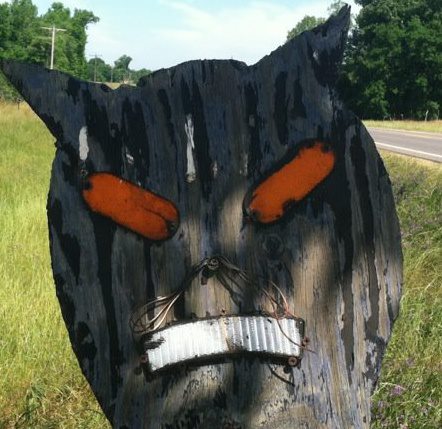 When I heard Eric Clapton had
covered JJ Cale's "Call Me the Breeze" as a tribute to Cale's passing, my initial reaction was despair. Must this man continue beat the life from all Cale's songs? A Clapton fan I am not, you can tell.
When I heard Eric Clapton had
covered JJ Cale's "Call Me the Breeze" as a tribute to Cale's passing, my initial reaction was despair. Must this man continue beat the life from all Cale's songs? A Clapton fan I am not, you can tell.
But, upon reflection, I've come to view the cover as an inspired, even essential, choice. And not just because Clapton, much like some funeral director for talented but under-appreciated genius guitarists, knows how to pay tribute, even if he does carve a bit of the dearly-departed's legacy out for himself (cc: Robert Johnson).
No, the genius of Clapton's cover is that it brings perhaps what is the quinessental JJ Cale song home from a lifelong journey.
Some songs just travel well through time. They lose none of their gut appeal as they pass from genre to genre. Along the way, they even pick up new friends, as well as a bit of the wisdom and dust of the ages.
This is true, I've noticed, of JJ Cale's "Call Me The Breeze." It's gone from country to techno and back again, serving as both Cale's introduction to the world and, now, the eulogy for his passing.
"Breeze" came into the world as the first song on Cale's debut album, 'Naturally.' In essence, "Breeze" was Cale's calling card.
It was deceptively simple number, clocking in at less than three minutes, with a basic acoustic 12-bar blues guitar shuffle built on a muffled drum machine beat.
Cale's voice is weary, thin and barely present -- defining, and pretty much perfecting, a laid-back style that would carry him well for the following four decades:
Cale scaled everything back here but the slow burn groove of the number itself. And that was plenty. I can't hear this song and not tap along.
The song was all about traveling, lyrically and musically. The loosely rhythmic guitars celebrate the speed of American road: "I might go out to California. Might go down to Georgia, I don't know."
Just for reference, Cale's hometown Tulsa Oklahoma is about 1,400 miles from L.A., and about 800 miles to Atlanta. So he was thinking about some serious mileage.Being on the road to somewhere, or anywhere, the song implied, is essential to remaining alive. "Ain't no change in the weather," Cale dryly sang, "ain't no changes in me."
Ironic that Cale hated touring.
In a 2012 interview with the New York Times, fellow journeyman and Cale fan Neil Young explained the lure of the road:
"For whatever you're doing, for your creative juices, your geography's got a hell of a lot to do with it," Young said. "You really have to be in a good place, and then you have to be either on your way there or on your way from there."
"Breeze," as Cale recorded it, traveled new territory even stylistically. It wasn't quite country. Nor was it folk, or blues, or rock n' roll, at least as people thought about those terms in 1972. But the song suggested all these styles as it briskly rolled along.
Actually, the first -- and still my favorite -- version of this song I knew, came from Lynyrd Skynyrd.
By the early 1980s, when I heard this number, Skynyrd was oft dismissed as a simple-celled southern hard rock boogie band. And they did indeed amp up their version, which was recorded in 1974 (on the awesome ' Second Helping' album, which also contained the first version of the soon-to-be famous and subsequently even more infamous classic rock anthem "Freebird").
Skynyrd really brought a lot to "Breeze" though, fleshing out many aspects of the song only hinted at by Cale. If Cale's song was a dusty pickup with two open windows bumping down a long, flat two-lane road, Skynyrd's version was an air-conditioned Cadillac flying along the interstate: Sleeker perhaps, but faster as well.
This version carries considerable chunks of American musical DNA along for the joyride. Skynyrd's three-guitar attack brought the song to the hard rock crowd. But Ronnie Van Zant's voice is pure country twang, albeit of a Florida swamp variety.
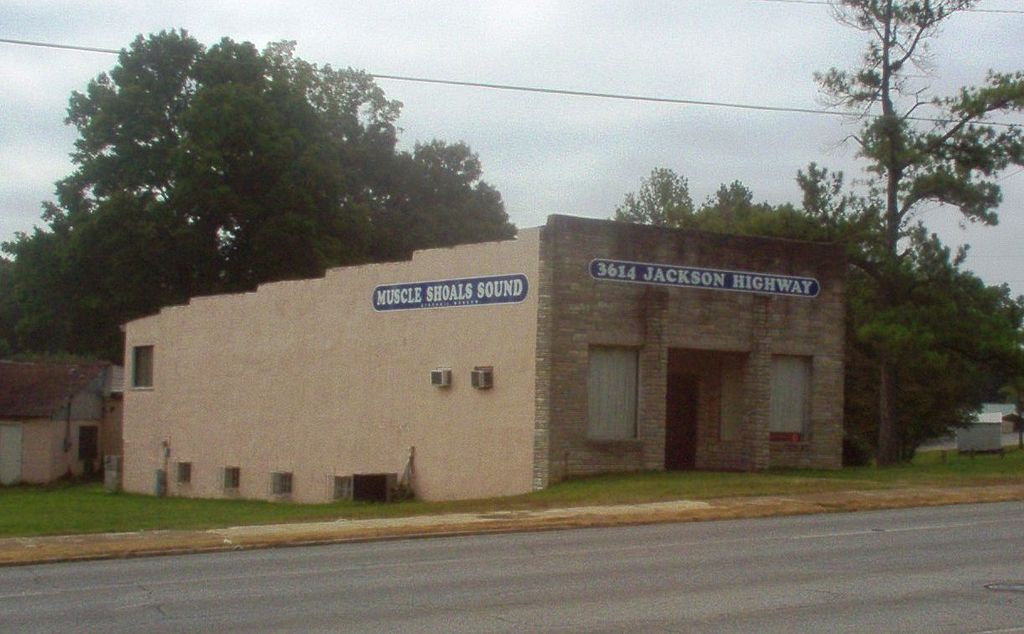 The song also has some fine barrel house piano, and the horns evoke not only the Muscle Shoals soul of the day, but the swing jazz from decades earlier as well.
The song also has some fine barrel house piano, and the horns evoke not only the Muscle Shoals soul of the day, but the swing jazz from decades earlier as well.
And, day-um, does this number have some forward momentum! For my money, Skynyrd's version is best heard speeding 80 miles an hour down the Interstate.
Ironic too, though more cruelly so, that Ronnie Van Zant, and two other Skynyrds, died on the road. In a sense anyway--they were on their way to Baton Rouge, Louisiana, for a gig when their plane ran out of fuel and crashed in the deep Mississippi woods.
For the musician, the road can be brutal, even if it does hold great promise.
Legend among the Allman Brothers tribe was that the group named its 1972 album " Eat a Peach" in honor of recently-deceased leader Duanne Allman, who died crashing his motorcyle -- so the rumor went -- into a peach truck (It was actually a lumber truck and the inspiration came from an Allamn quote: "Every time Iím in Georgia I eat a peach for peace.Ē).
In any case, "Breeze" went through various other incarnations. Bobby Bare recorded a soul version, John Mayer cut a comfortably laconic version, and Johnny Cash, along with his his son, had a country take on the number.
Taking the song out to the furthest stretches however, was the U.K. space rock band Spiritualized who in 1992, for their debut album, drove it to the brink of techno, interpolating it with the Velvet Underground's proto-punk "Run, Run, Run" for good measure:
Earlier this month, Eric Clapton brought "Breeze" back home to its shuffly acoustic roots, recording a version in tribute to Cale, who died last year at the age of 74.
Clapton was heavily influenced by Cale: The British blues guitarist had hits with covers of Oklahoma recluseís "Cocaine" and "After Midnight," and Clapton's sound, especially from "461 Ocean Boulevard" onward borrowed Cale's minimal touch.
Clapton's version of the song serves as the cornerstone for a soon-to-be-released Cale tribute album. It lumbers a bit more than the orginal, but sounds more rounded out as well:
Oddly enough, even up until Cale died, many of his Tulsa neighbors didn't know he was a musician of international renown; many just thought he was a truck driver.
2014-03-01
It's been a "Maggot Brain" sort of morning...
The wicked and despairing guitar solo comes courtesy of Eddie Hazel. The "Village Voice" had it that Funkadelic leader George Clinton, under the spell of acid, instructed Hazel to play as if "he had been told his mother was dead, but then learned that it was not true."
Hazel never again scaled such a heights, though he released a solo album in 1977 that had some pretty tasty '70s porn funk.
2008-01
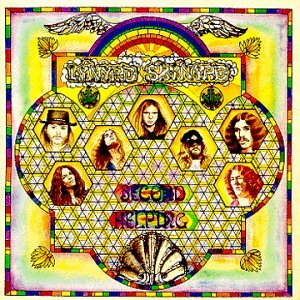 This is what I learned from the Lynyrd Skynyrd song "
Free Bird": The long road from cool to silly is paved with time.
This is what I learned from the Lynyrd Skynyrd song "
Free Bird": The long road from cool to silly is paved with time.
Who first discovered Skynyrd in the gang of neighborhood hoodlums whom I subsequently took to spending my leisure hours with? Someone with an older brother probably.
Keep this in mind: Growing up, "Free Bird" was never on our "heavy" rotation--it tested below "Saturday Night Special," or "The Needle and the Spoon," as far as Skynyrd went. It kicked later. But at the time, it served as fine accompaniment for the usual bonding rituals of the pre-mated.
Those were the days. La Grande, as we used to say! But where was I? Sorry, I'm prone to wander off course. "Main point, you're in my way."
Now, saying you like Skynyrd today is showing you're down with your alt-country roots. But admitting you like "Free Bird" just shows you're some sort of loser, man.
The song is now a punchline of a rock club joke that itself is two decades old (Sullen IndieBand confers on what song to play next; Lurking hipster yells "Free Bird!" thinking its "ironic").
The song itself sounds bland. It starts with a slide solo and piano accompaniment that rather crassly evokes the days when Duane Allman could make everything seem ok. It ends with a three-guitar wank-off longer than any highway you'd care to mention. Crushed in the middle is a simplistic, somewhat sappy, lament. It's like "Layla" in reverse order, played by monkeys.
Seriously, we admitted "Free Bird" was formulaic even back then. At least three dozen major-label boogie bands must have been working that very recipe out on the floor-boards, night after night. The various combo platters of drugs that the kids fed upon left them agreeable to such surge-y noises. Tickles the neurons or some shit.
But why did people kept hollering for "Free Bird" specifically?
I'm gonna tell you why I think that was. Pretty soon.
Now, "Stairway to Heaven"? That's a pretty song. And a rockin' song too. But country gentlemen know it ain't hobbits that inhabit the woods.
"Free Bird" starts off nicely enough. Getting bird calls out of a slide guitar? Pure American folk art, sappy and clever all at the same time. The song gets noticeably darker though. Ronnie Van Zant keeps wailing "Lord knows I can't change." "Lord knows I can't change," Sounds pretty good after a week of work at some incredibly fucked-up job, with no prospects in sight. "Lord knows I can't change."
Free bird? Yeah, fucking right. The title itself is a cruel joke. Free to work the rest of your life at some carpet warehouse for $4 an hour. Free to buy a used car that stops running before you pay it off.
Ronnie's first line is "If I leave here tomorrow..." He KNOWS he can't go anywhere! So its only drunken speculation after that--Ronnie's, yours, mine and anyone within range of the jukebox in that shitty bar where too many of the off-hours are being spent listening to these types of songs. There, we can all mouth into our mugs that rock-star gentle "There's-too-many-places-I've-got-to-see" fuck-off-fair-lass line all we want. It's the only places that line'll get used, however semi-audibly.
By the time the Skynyrds work up to their ending rally--by first erupting into the closest melodic approximation of violence you'll ever hear in a moderately-civilized drinking establishment, and then breaking into the momentum of someone hauling-ass from the law--you can, if you're in just the right sort of crappy mood, end up banging your mug against the table in unision: Each beat more intense than the last, each one with the hope that ride will never end.
And for just over seven glorious minutes, it doesn't.
And there it is. If you follow the song down the path it offers, you'll find the Holy Grail of Rushes, the one that keeps giving. Not for 40 seconds, or a minute, but for a full seven minutes. For seven minutes that song gives you the freedom from whatever shithole-of-a-life that you've dug yourself into.
Granted, you must have some pretty heavy grievances to work out if you need to bang glassware on a public tabletop for seven whole minutes.
But man, if you do, Skynyrd will get you through...
Now, what song was it that you wanted to hear?
See Also:
